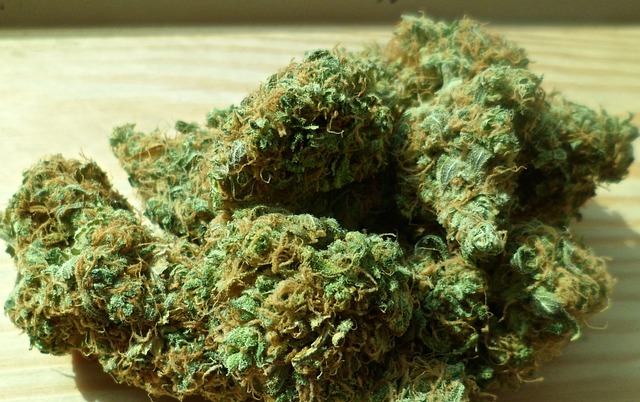Bearkat THCa: Unveiling Its Potent Benefits
In recent years, the cannabis industry has witnessed a surge in interest surrounding various cannabinoids, each offering unique properties and potential benefits. Among these, THCa, or tetrahydrocannabinolic acid, has emerged as a compound of significant interest. This article indacloud explores the potential benefits of Bearkat THCa, shedding light on its properties and applications.
Understanding THCa
THCa is a non-psychoactive cannabinoid found in raw and live cannabis. Unlike THC, which is known for its psychoactive effects, THCa does not produce a high. This distinction makes it an attractive option for those seeking the therapeutic benefits of cannabis without the mind-altering effects.
How THCa Works
THCa interacts with the body’s endocannabinoid system, a complex network of receptors and enzymes that play a role in maintaining homeostasis. By binding to these receptors, THCa can influence various physiological processes, potentially offering a range of health benefits.
Potential Health Benefits of Bearkat THCa
Research into THCa is still in its early stages, but preliminary findings suggest several promising applications:
- Anti-inflammatory Properties: THCa has shown potential in reducing inflammation, which could be beneficial for conditions such as arthritis and inflammatory bowel disease.
- Neuroprotective Effects: Studies indicate that THCa may help protect brain cells, offering potential benefits for neurodegenerative diseases like Alzheimer’s and Parkinson’s.
- Antiemetic Properties: THCa may help alleviate nausea and vomiting, making it a potential option for patients undergoing chemotherapy.
- Appetite Stimulation: Similar to THC, THCa may help stimulate appetite, which can be beneficial for individuals with conditions that cause appetite loss.
Case Studies and Research
Several studies have explored the potential benefits of THCa, providing valuable insights into its applications:
Anti-inflammatory Effects
A study published in the “Journal of Pharmacology” examined the anti-inflammatory properties of THCa in animal models. The results indicated a significant reduction in inflammation markers, suggesting potential therapeutic applications for inflammatory conditions.
Neuroprotection
Research conducted by the “Neurobiology Institute” explored the neuroprotective effects of THCa. The study found that THCa could reduce oxidative stress and protect neurons from damage, highlighting its potential in treating neurodegenerative diseases.
How to Use Bearkat THCa
Bearkat THCa can be consumed in various forms, each offering unique benefits:
- Raw Cannabis: Consuming raw cannabis leaves or flowers is one way to intake THCa. This method preserves the compound in its natural state.
- Juicing: Juicing raw cannabis is another popular method, allowing for easy consumption and absorption of THCa.
- Tinctures and Oils: These products offer a concentrated form of THCa, providing a convenient way to incorporate it into daily routines.
Legal Considerations
The legal status of THCa varies by region, and it’s important for consumers to be aware of local regulations. In some areas, THCa is classified differently from THC, allowing for broader access and use.
Conclusion
Bearkat THCa presents a promising avenue for those seeking the therapeutic benefits of cannabis without the psychoactive effects. With its potential anti-inflammatory, neuroprotective, and antiemetic properties, THCa offers a range of applications that warrant further exploration. As research continues to unfold, Bearkat THCa may become an integral part of the cannabis landscape, offering new possibilities for health and wellness.

